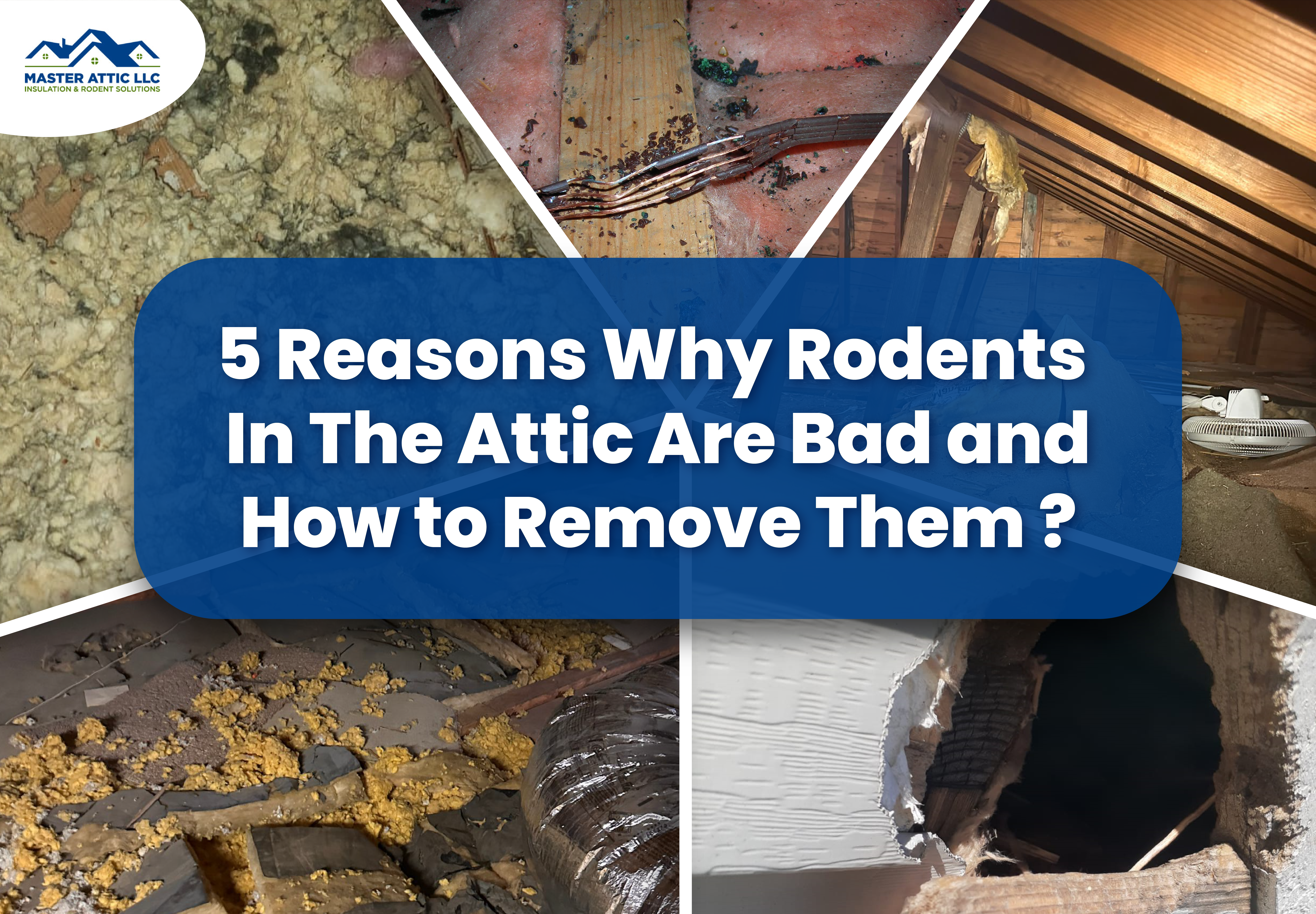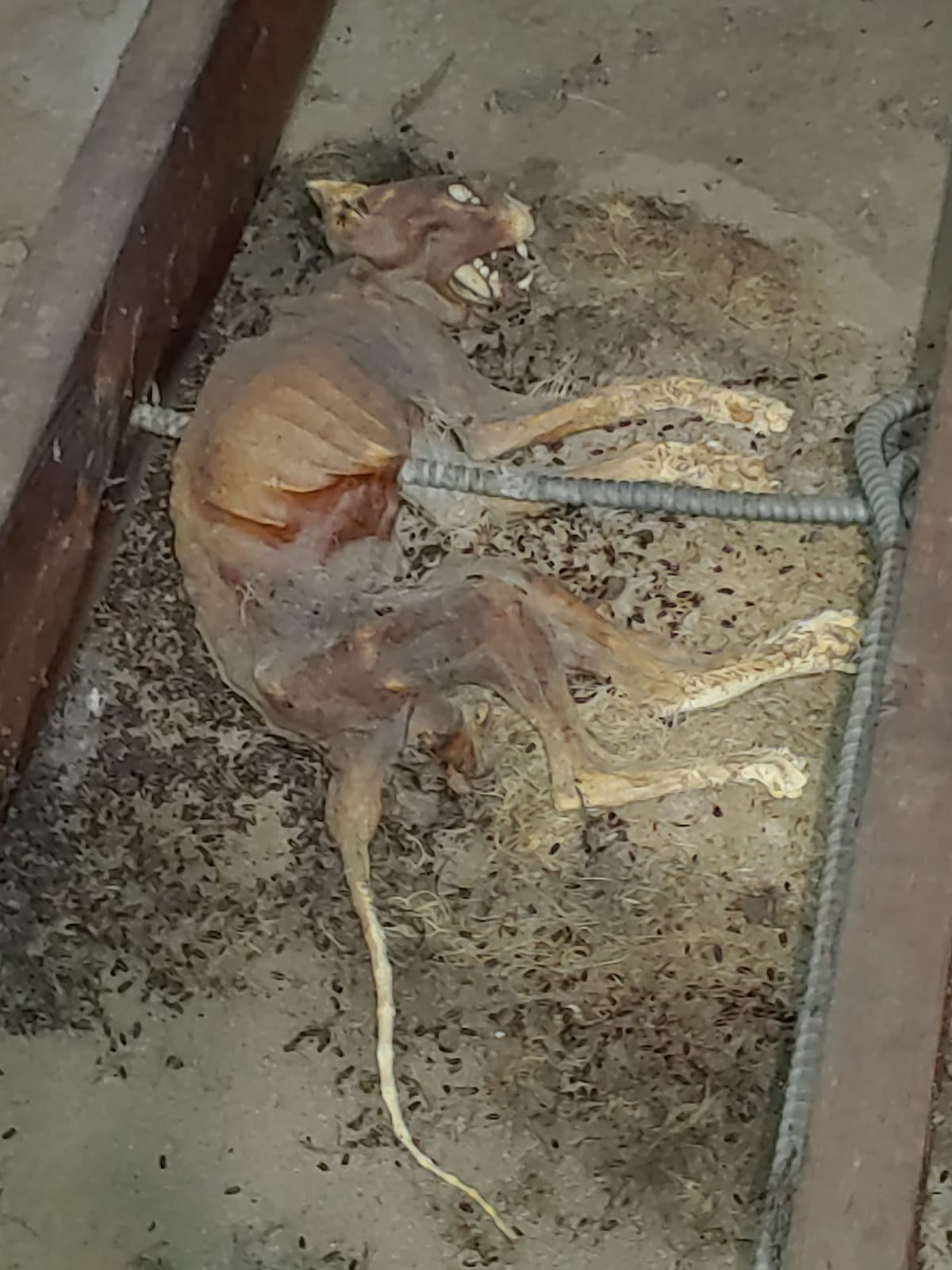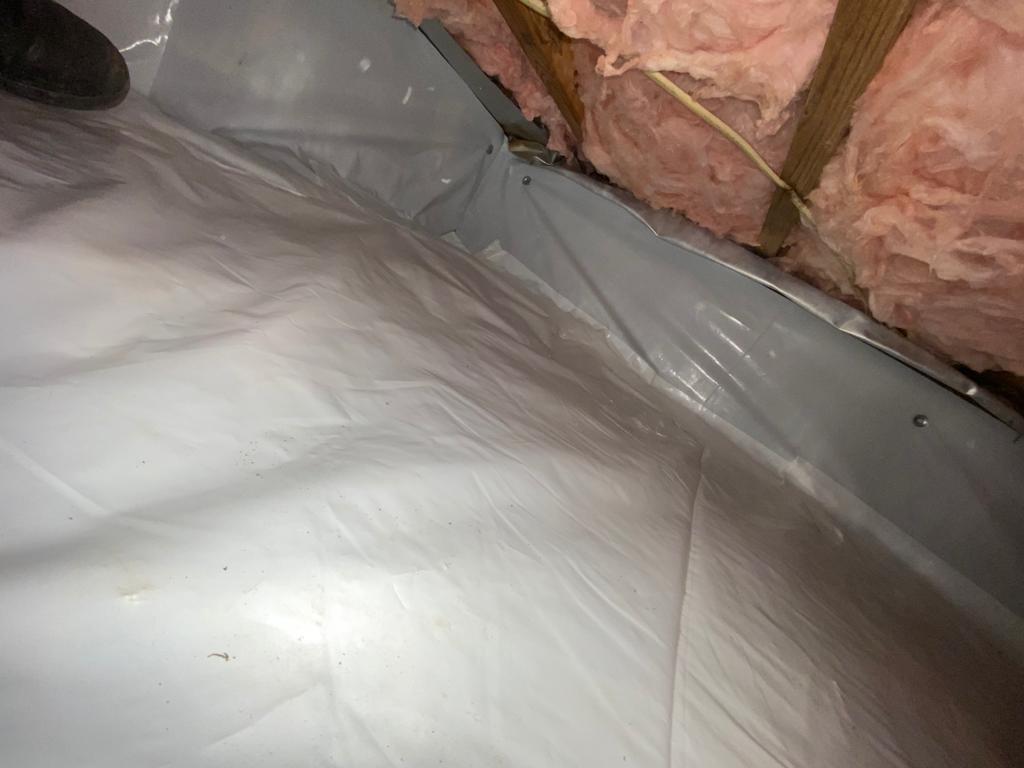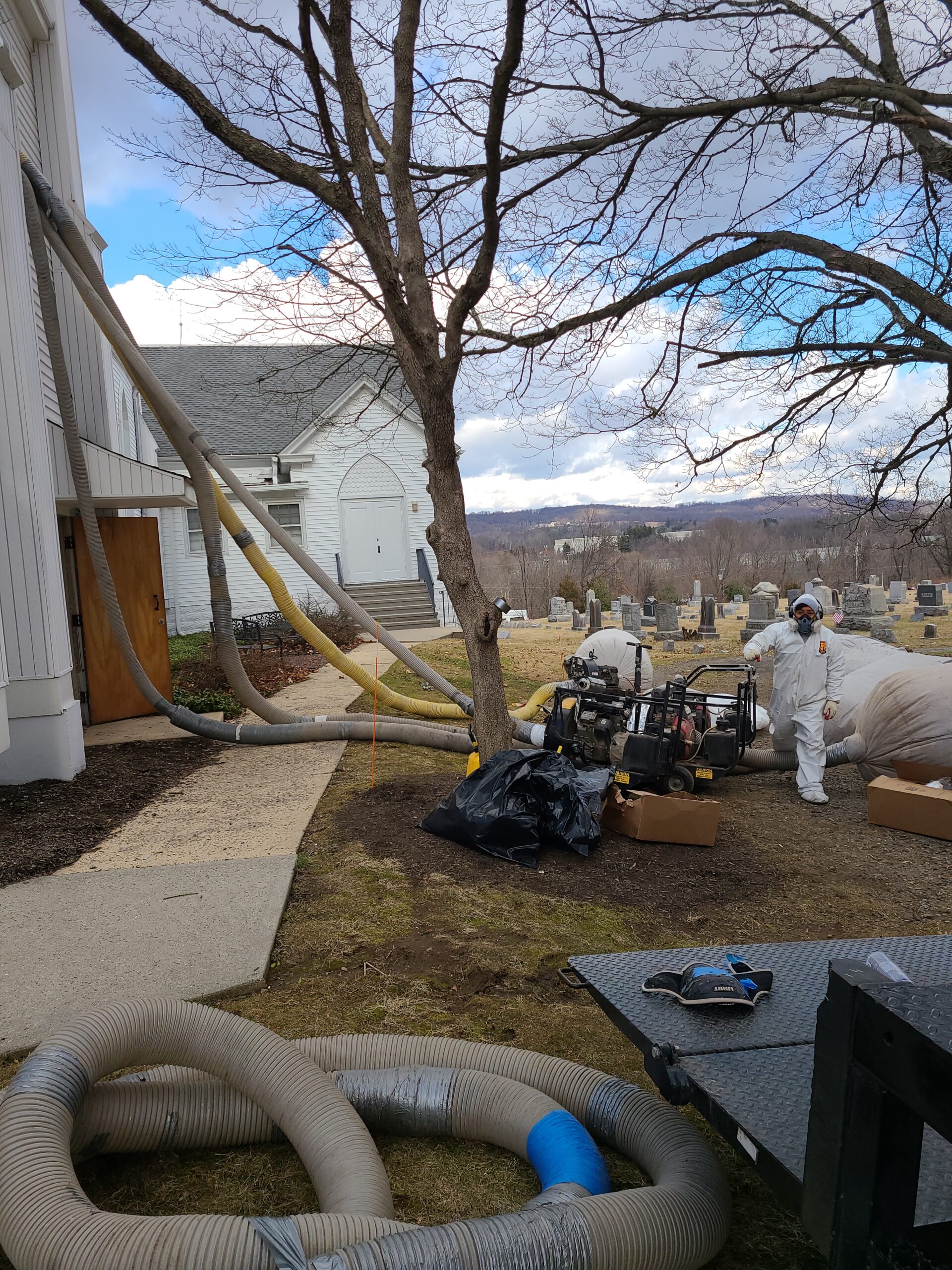
5 Reasons Why Rodents In The Attic Are Bad and How to Remove Them
5 Reasons Why Rodents In The Attic Are Bad and How to Remove Them If it’s one room in a home that most homeowners forget
Do you hear little feet running around your attic? This might be squirrels creating a home in your attic. These pesky little rodents are clever, fast, and sneaky critters. Once they are indoors, they can become an insurance or even dangerous to your family. So, how do you get the squirrels in your attic removed?
In many cases, squirrels head right to your attic because attics tend to be dark, warm, and dry, the perfect location to create a home. When squirrels get inside, they can make it difficult for you to eradicate them, making sure they don’t come back; therefore, we recommend that you contact a trained professional to remove the squirrels from your attics.
In our blog, we’ll discuss how to spot signs of a squirrel problem, why they’re attracted to attics, how to begin squirrel removal, and why you should contact a professional to do the job.

Here are some signs that you may have a squirrel problem in your attic.
When you have squirrels in your attic, you may begin to notice unusual sounds. Listen out for loud noises in the early mornings and at dusk. Squirrels are one of the few animals that aren’t nocturnal, so they sleep at night when we do.
If you notice foul odors in your home, this might be from squirrel urine, which is very potent and can travel through your walls and vents. In many cases, squirrels can become stuck inside, which can cause an even more pungent odor. If you begin to notice foul odors, this could mean you have squirrels in your attic.
Squirrels are known chewers with sharp teeth, which can chew through almost anything. Check your attic and inspect your insulation, support beams, wires, and attic vents. If you find chewed-up materials in your attic, or black droppings, you most likely have squirrels present, (especially if you see holes forming in the ceiling from the bedrooms under the attic). On the exterior of the home, if you notice damaged soffits, clawed-on molding, or any holes in or around the corner of the roof, you may have a rodent infestation as well.
To get into your attic, squirrels use your insulation to build their nests. You’ll want to look for damaged insulation, dirt, and debris. When squirrels make their homes, they bring goods and food to build their nests. You may find seeds, acorns, and hay in or around nesting areas.
If you notice droppings in your attic, you most likely have squirrels in your attic. Look for scattered droppings, as feces are dangerous to homeowners since they’re ridden with bacteria. In this case, you’ll want to contact trained personnel for squirrel removal services.
As homebuyers, specific points attract us to the home when we’re looking to purchase a home. You and other homeowners might be attracted to the community, the garage, quiet neighbors, etc. Squirrels have the same instincts as humans when seeking out their next home.
Squirrels are attracted to attics in residential areas because of their convenient access and ability to provide a home, shelter, and safety. Attics also have abundant materials to help squirrels survive in the winter. Yes, squirrels bring in outside materials to build their nests; however, they’ll also use your attic insulation.
Here are some ways you can remove squirrels from your attic.
Squirrels can fit through tiny holes, so you’ll want to check areas with openings by siding, pipes, and around your windows and doors. To seal entry points.
Another common entry point for squirrels is through vents, to ensure you accurately seal your entry points, it’s best to contact a trained professional who uses the best tools and techniques to complete this process.
Squirrels also love to enter your attic through your chimney to protect themselves from the cold and to find shelter. You might even have a squirrel nest inside if you haven’t used your chimney in a long time.
Install chimney caps to keep squirrels from climbing down your chimney. If you hear squirrels already inside your chimney, start making a lot of noise to encourage them to exit through the top. You can also hang down a rope to enable them to climb out.
Squirrels are known to be the best climbers, so you can always find them racing around trees. If you have trees surrounding your home, they can quickly enter your attic. Inspect the trees around your home to see if you have any branches six feet within your home.
If you do, consider giving these branches a trim. Do this with every tree within jumping distance so squirrels cannot enter your attic.
It may seem chaotic when you have squirrels in your attic, especially if they’ve already made a home and have babies roaming around. Squirrels are known to cause severe damage to your attic, leaving behind feces, chewed structural damage, chewed sheetrock ceilings, chewed wires, and even damage to your attic insulation.
At Master Attic, when you schedule our squirrel removal service, our experts will:
If you have squirrels in your attic, contact our professionals as soon as possible to receive a free estimate.
Squirrels are attracted to attics because they are dark, warm, dry, and the perfect place to create their nests.
If you have a squirrel in your attic, you might hear scratching noises, notice foul odors, see nests, or see feces.
To remove a squirrel from your attic, contact a trained professional who can remove and return squirrels to their natural habitat and properly find a close entry point while eliminating their nesting areas.

5 Reasons Why Rodents In The Attic Are Bad and How to Remove Them If it’s one room in a home that most homeowners forget

Which Is Better: Crawl Space Encapsulation or a Vapor Barrier? Since your home’s crawl space is out of sight, it may seem easy to overlook.

The Ultimate Guide to the New Jersey Home Energy Tax Credit Adding insulation and sealing air leaks is one of the best ways to improve

We strive endlessly to provide a service like no other; quality, safety and comfort is our #1 priority for your family.
Fully Licensed and Insured
NJ # 13VH09509100
PA # 147980
Look out for a confirmation email!
A Master Attic Pro Will Reach Out To You Shortly
